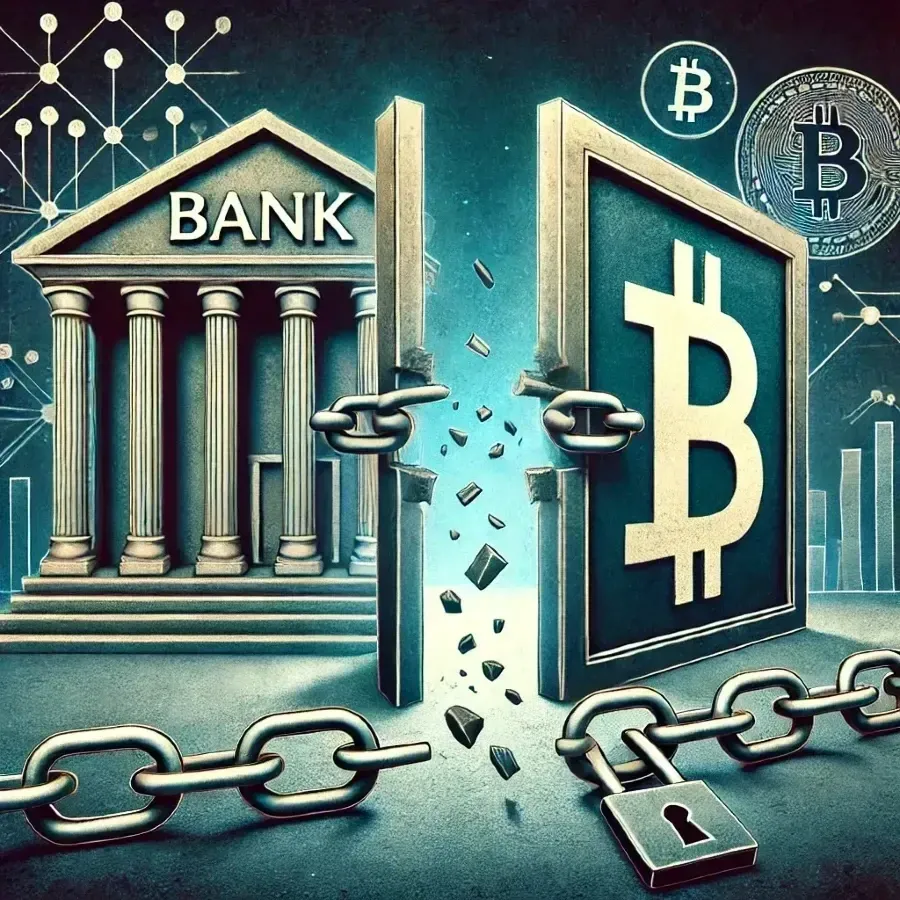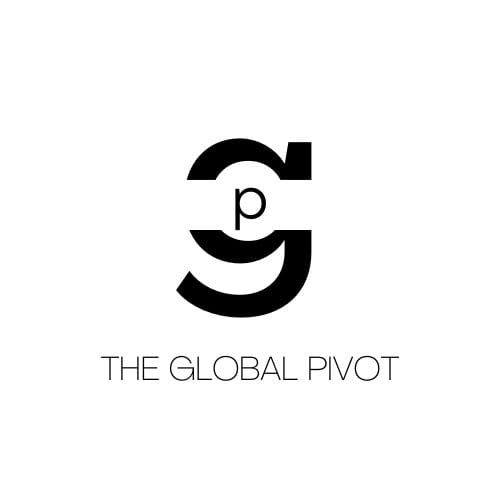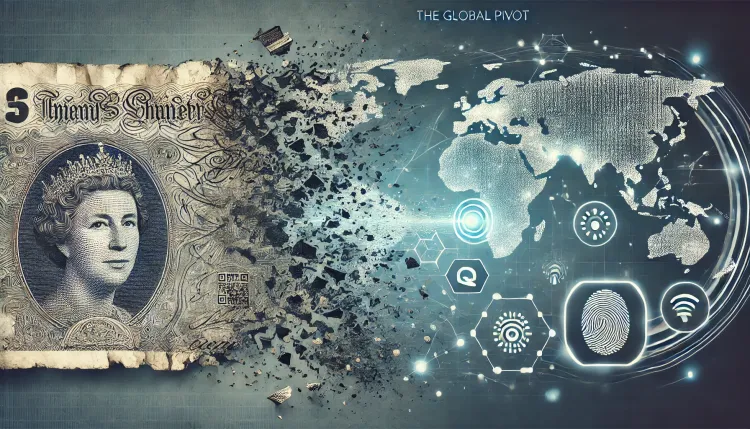Debanking: Financial Exclusion or Risk Management?

Debanking is a trending topic in the world of finance. But what is the definition of debanking? If you consult Wikipedia, it's "the process by which financial institutions close or deny accounts based on perceived financial, legal, regulatory, or reputational risks." If you ask ChatGPT,
"It's messy. More you dig, messier it gets."
Large language models are created to provide neutral, regurgitated answers, serving not as a reliable source of information but as a choir in an ancient Greek tragedy, to give us the general consensus of the public. And this response tells us that:
1. A profuse amount of people showcases a polarized or impassioned stances on debanking.
2. Equally profuse amount has no idea what debanking is.
Debanking gained momentum in the last few years with highly publicized cases like the one of Nigel Farage. It turned into a scandal of inflammatory rhetoric on both sides and raised many issues that came into consideration. One such issue is the use of debanking as a regulatory measure to prohibit controversial individuals or organizations from having bank accounts.
Banks have the right to select their clients based on "financial or regulatory risks," while simultaneously bearing the responsibility of reporting criminal activity of its clients. However, as in the case of Nigel Farage, when accounts are closed due to subjective factors and/or biases such as client's political exposure, nationality, religious affiliation, or industry involvement (e.g., crypto companies), debanking can become a mechanism of financial exclusion. In this context, alternative financial solutions have become viable ways to counteract such exclusion by providing individuals and businesses with greater access to banking systems in jurisdictions that support financial freedom.
The Social Implications of Debanking
Debanking has far-reaching consequences that go beyond individual account holders. For businesses, it can result in operational shutdowns, halted payments, and supply chain disruptions. For individuals, losing access to financial services means an inability to save, invest, or engage in the modern economy. In many emerging markets, financial exclusion perpetuates poverty and hinders economic development.
The impact of debanking is particularly severe for small businesses and organizations operating in non-traditional sectors. Reports from the UK indicate that Muslim-led charities and businesses have faced disproportionate banking restrictions, often without explanation or recourse. Studies show that a significant percentage of Muslim charities have experienced difficulties in opening and maintaining bank accounts, with some facing complete withdrawal of banking services. The consequences can be dire—delayed humanitarian aid, unpaid salaries for field workers, and, in extreme cases, threats and violence from local vendors or authorities demanding payments that were frozen by banks. This form of financial exclusion not only impairs humanitarian efforts but also raises concerns about systemic bias within financial institutions.
But financial exclusion is costly not only for those directly affected, it impedes the economic growth and development of nations worldwide. EY Global has estimated that broader access to banking, savings, and lending products could boost GDP by up to 14% in large emerging countries such as India and up to 30% in frontier economies such as Kenya. All variables aside, the debanked present strikingly similar traits at every latitude and longitude: they are low income and less educated, they often lack the identification and documentation requirements to open a bank account, and they tend to live in rural areas far from bank branches. In many nations, they belong to ethnic or religious minorities; in all of them, they are overwhelmingly women.
According to a recent study by the British research platform Merchant Machine, Morocco, Vietnam, Egypt, the Philippines, and Mexico are the top five countries with the largest debanked populations. Globally, the regions with the highest proportion of developing or emerging economies, quite predictably, top the list. In the Middle East and Africa, 50% of the population is financially excluded, South and Central America follow at 38%, Eastern Europe and the former Soviet republics at 33%, and Asia Pacific’s share stands at 24%. This widespread financial exclusion limits economic growth, reinforcing a cycle where developing economies remain dependent on established financial powers, further entrenching global financial monopolies.
The Role of ESG, DeFi, and the Changing Banking Landscape
Environmental, Social, and Governance (ESG) factors have become increasingly relevant in banking. Financial institutions face pressure from investors and regulatory bodies to align their operations with sustainability principles. However, ESG considerations should not be used as an excuse for exclusionary practices. For example, UK MPs have criticized banks for debanking firms deemed undesirable under ESG criteria, arguing that financial institutions should not arbitrarily shut out industries like defense or oil and gas without transparency and due process.
At the same time, Decentralized Finance (DeFi) is emerging as a viable alternative to traditional banking. By leveraging blockchain technology, DeFi platforms enable financial transactions without reliance on centralized institutions thereby reducing the risk of debanking. As regulatory frameworks evolve, DeFi has the potential to offer inclusive financial solutions that bypass traditional banking restrictions, empowering individuals and businesses that face exclusion under conventional financial systems.
In addition, fintech, mobile banking, and investment migration programs offer solutions to counteract financial exclusion. By obtaining second citizenship in financially stable jurisdictions, individuals can access a broader range of banking services, mitigating the risks of debanking. This shift highlights the ongoing decentralization of financial services, which challenges the traditional banking monopoly.
The Future of Banking: Adapt or Perish
The world is moving toward decentralization, with digital banking and financial technology providing alternatives to traditional institutions. Rather than reinforcing outdated gatekeeping practices, banks must adapt to this shift or risk becoming obsolete. By promoting transparency, adopting fair assessment criteria, and embracing financial inclusion, the banking sector can evolve without resorting to exclusionary measures.
Regulatory measures and new financial solutions should focus on inclusion rather than exclusion. Debanking, in its current form, is an unregulated and often arbitrary practice that unjustly restricts individuals based on dubious subjective biases while having broader effects on entire communities. It throws out the baby with the bathwater—targeting individuals while inadvertently affecting whole demographic groups, many of whom are already marginalized. As financial services become more diversified and global mobility increases, individuals and businesses should explore alternative solutions, including investment migration, to secure their financial future. Ultimately, the banking industry must recognize that financial exclusion is not just an ethical concern but an economic risk that threatens long-term stability and growth.



Member discussion